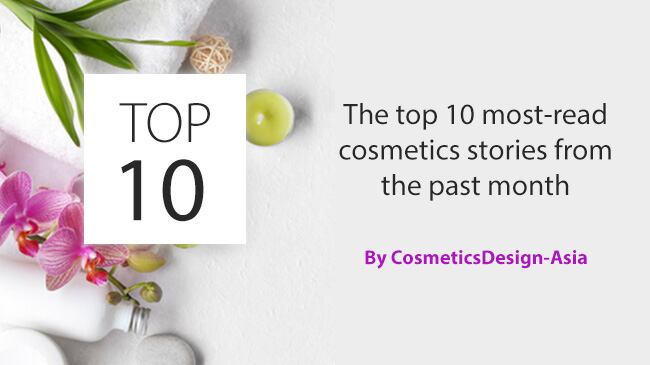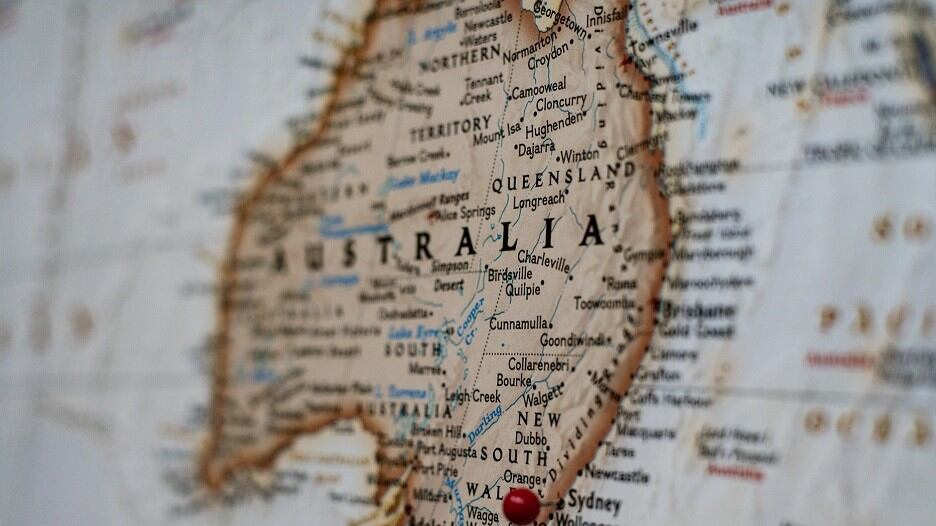1 – Chewable cosmetics: Amorepacific jumps on edible beauty trend with new supplement brand
K-beauty conglomerate Amorepacific is tapping into beauty supplement trend with its latest edible beauty brand, CUBEME.
Byung Yi Hwang, sales and operation vice-executive of CUBEME, believes there is rising interest in beauty supplements among millennial consumers.
“I think millennials are starting to pay attention to supplements for the sake of health. Previously, supplements were more commonly associated with seniors. Now people are taking supplements at a younger age because of a few factors,” he said.
These include external factors such as pollution, urban lifestyle stress as well as poor fitness and eating habits. Additionally, Hwang believes that the beauty consumers are shifting away from the desire to get instantaneous results in terms of skin care.
All these are driving consumers to seek out beauty supplements, said Hwang.
2 — WATCH: Alternative animal testing device may soon be available to the cosmetics industry
The team behind an alternative animal testing device, “skin-on-a-chip”, is forming new start-up to commercialise the product and offer its services to the cosmetic industry.
At this year’s Society of Comstics Scientists (SCSS) suppliers day, we sat down with Dr. Massimo Alberti, from Polaris Science to learn more about the innovation, which is backed by The Singapore Institute of Manufacturing Technology (SIMTech).
Alberti and his colleagues successfully reconstructed human skin on a compact, microfluidic device which can reduce or eventually replace animal testing.
“The device is a system where you can stimulate blood flow, recreate the microenvironment in which the skin or the tissue you want to study is absolutely close to the physiological condition,” said Alberti, who believes will be a game-changer for the industry.
3 – Malaysian retailer gearing up to ban ‘anti-palm oil’ cosmetics from supermarkets
Malaysia’s biggest supermarket chain has launched a palm oil boycott in reverse, by prohibiting the sale of anti-palm oil products, including cosmetics that are labelled ‘palm oil-free’.
Mydin, which has over 250 outlets across Malaysia, has pledged to ban such products from its shelves, arguing that they damage the reputation of the controversial crop, which has suffered repetitional setbacks especially in Europe.
Malaysia is the second biggest oil palm grower, and with neighbouring Indonesia accounts for around 85% of the world’s production. Malaysia produced over 19.5m tonnes of crude palm oil from a planted area of 5.8m hectares in 2018.
The country’s total export of palm oil and palm-based products was 25.2 million tonnes, generating export earnings of MYR67.5bn (US$16bn).
Roughly half of all food and consumer products on Malaysian supermarket shelves contain palm oil, including lipsticks, shampoos and soaps.
4 – ‘Huge demand’: Malaysia poised for up-turn in halal cosmetics sales to India
Halal cosmetics made in Malaysia have been tipped for a boom in India following a period in the doldrums for the category.
To achieve their potential, though, Malaysian firms have been told to do more to find customers and target not only their traditional customers. There are some 180m Muslims in India, the second largest Islamic population after Indonesia
“Demand is huge now in India, and it is not only from Muslims but also from the non-Muslims,” said Mohammad Shukur Sugumaran, international footprint manager of the Halal Industry Development Corporation (HDC), a government agency responsible for boosting Malaysia’s halal trade with the wider world.
Shakur said Indian importers had expressed strong interest in sourcing for halal cosmetics and personal care products at the recent Global Halal India Expo in Bengaluru. According to HDC, there are currently over 100 certified halal cosmetics and personal care companies in Malaysia.
5 – BodyCafé charts rapid expansion as demand for organic beauty booms in India
India-based organic brand, BodyCafé, is gearing up for rapid expansion to capture the growing demand for organic products in the country’s booming beauty market.
According to co-founder Tanushree Ishani, consumers in India are increasingly moving towards organic products.
“In India, there is this huge demand for organic products. There’s been a spike of Google searches for organic products and more e-commerce websites are looking for organic brands to bring on board. I think it’s because more people are becoming more conscious about ingredients and things like environmental pollution,” Ishani commented.
She added that this trend was reflected in the company’s performance since it launched about two years ago.
“We didn’t start this business thinking it would grow to this extent to be honest, but we know we still have miles to go,” said Ishani.
She continued: “About 80% of our consumers are regulars. We don’t just have customers in India, we also get orders from the US, Canada, Europe and the Middle East. Our customers have really shown that they believe in our brand. This response has shown us that its time now to go big.”





